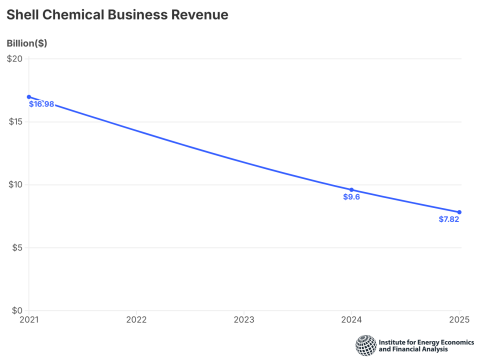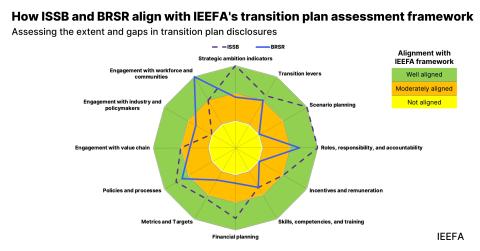Guyana’s first oil-dependent budget: Exxon drills oil and Guyana digs a fiscal hole
Download Full Report
Key Findings
The Guyanese government enters a new epoch with the passage of this year’s budget—oil revenues now constitute 29 percent of its spending plan. This is the first year that the government has drawn down its oil revenues for budgetary purposes.
The amount of revenue from the new oil venture demonstrates that Guyana is being short-changed. The use of the revenue shows that Guyana has mismanaged its initial share of the profits.
This year’s budget shows that the amount of oil revenues collected to date failed to cover annual budget deficits; supported additional spending in an unsustainable manner; failed to reduce debt; and contributed nothing to the Sovereign Wealth Fund (SWF).
Executive Summary
The Guyanese government enters a new epoch with the passage of this year’s budget—oil revenues now constitute 29 percent of its spending plan. This is the first year that the government has drawn down its oil revenues for budgetary purposes. The new revenues contribute to a substantial increase in the size of the budget. The budget increases have been heralded by the country’s leadership as evidence of the wisdom of oil and gas extraction for Guyana.
A careful examination, however, reveals several red flag warnings. The amount of revenue from the new oil venture demonstrates that Guyana is being short-changed. The use of the revenue shows that Guyana has mismanaged its initial share of the profits.
In short, this year’s budget shows that the amount of oil revenues collected to date:
- Failed to cover annual budget deficits;
- Supported additional spending but in a manner that is unsustainable;
- Failed to reduce debt; and
- Contributed nothing to the Sovereign Wealth Fund (SWF).
By spending all of the money that was received from oil in the fiscal year 2022 budget, this first year has set bad precedents.















